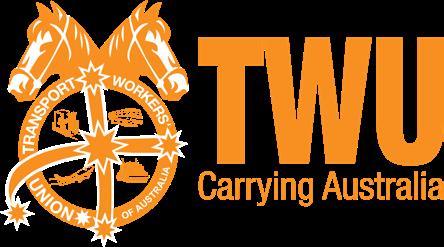

WA
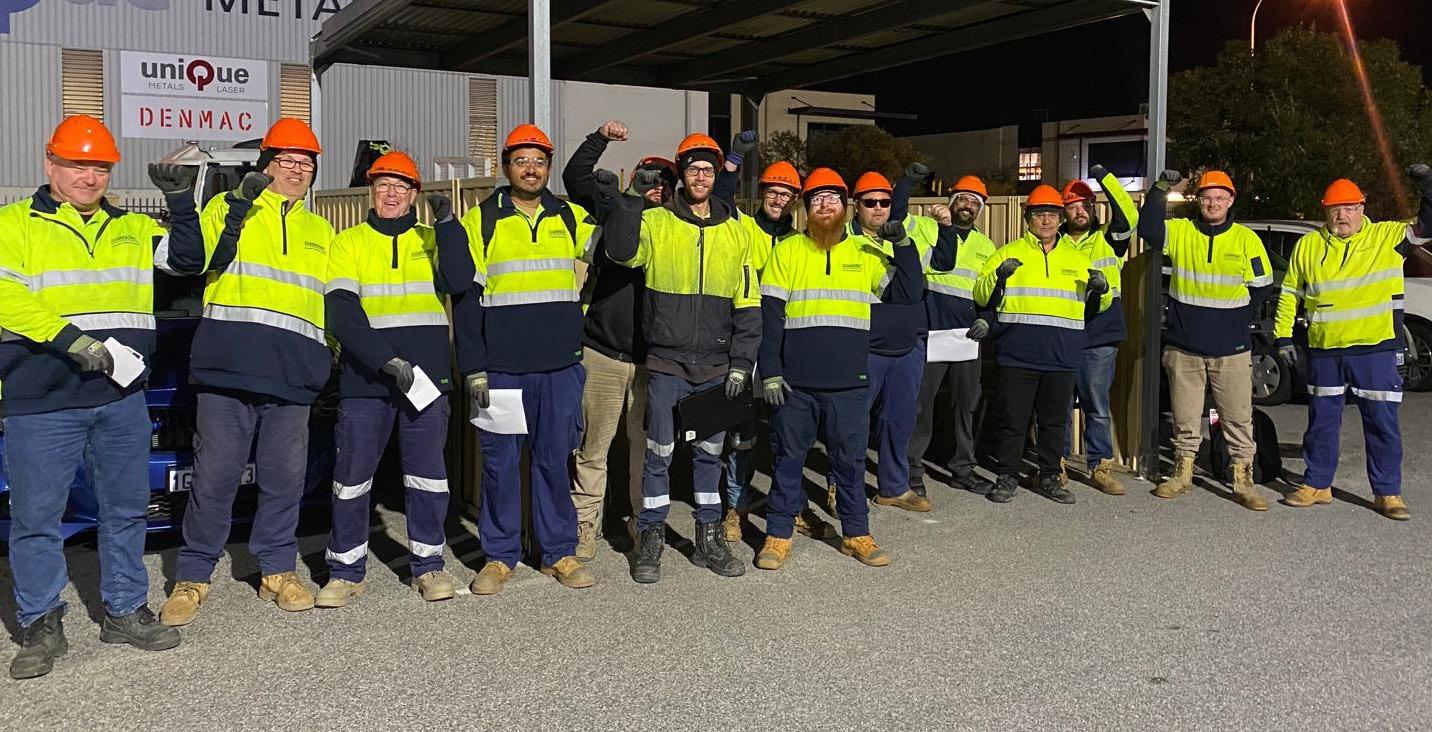
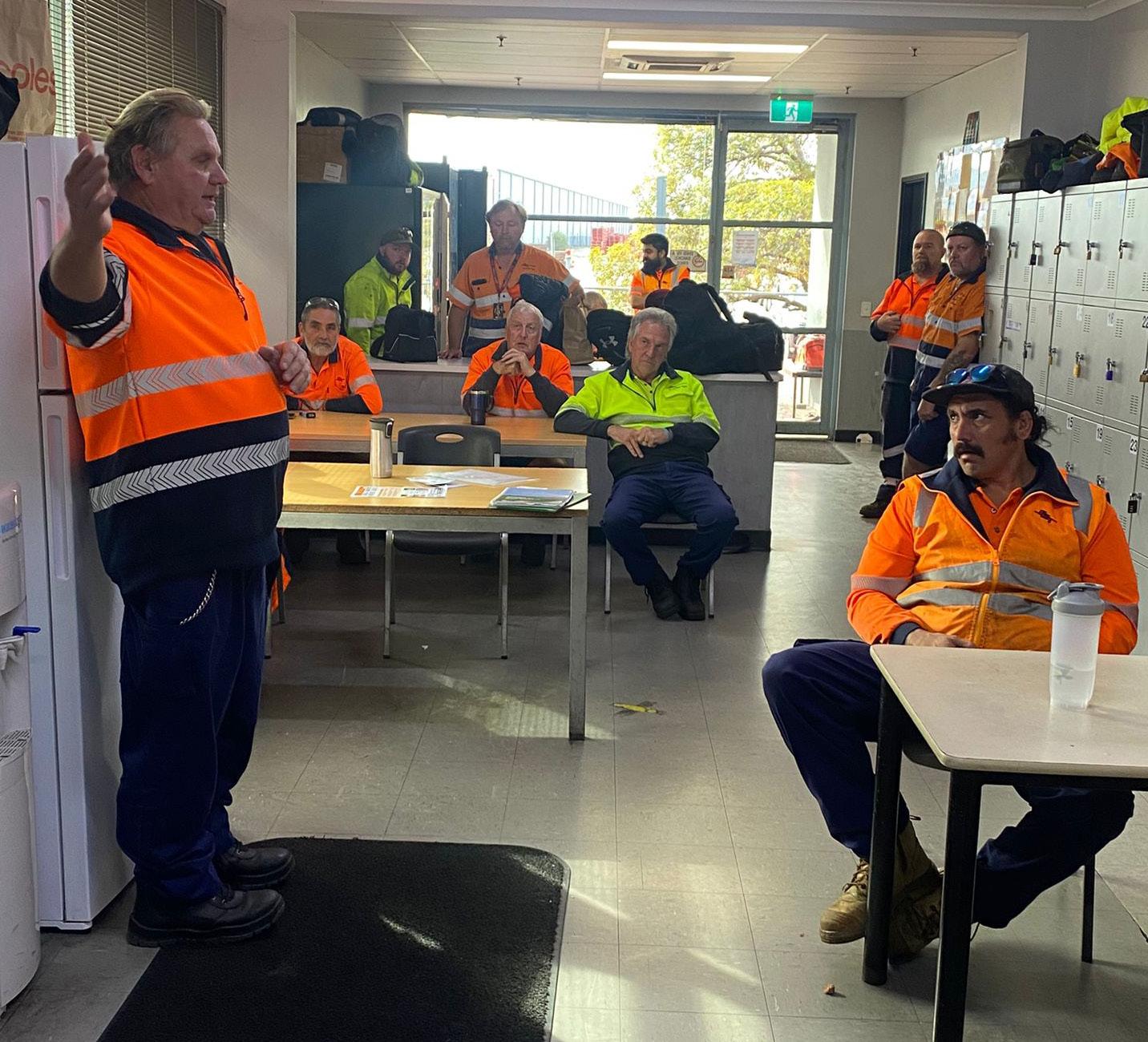
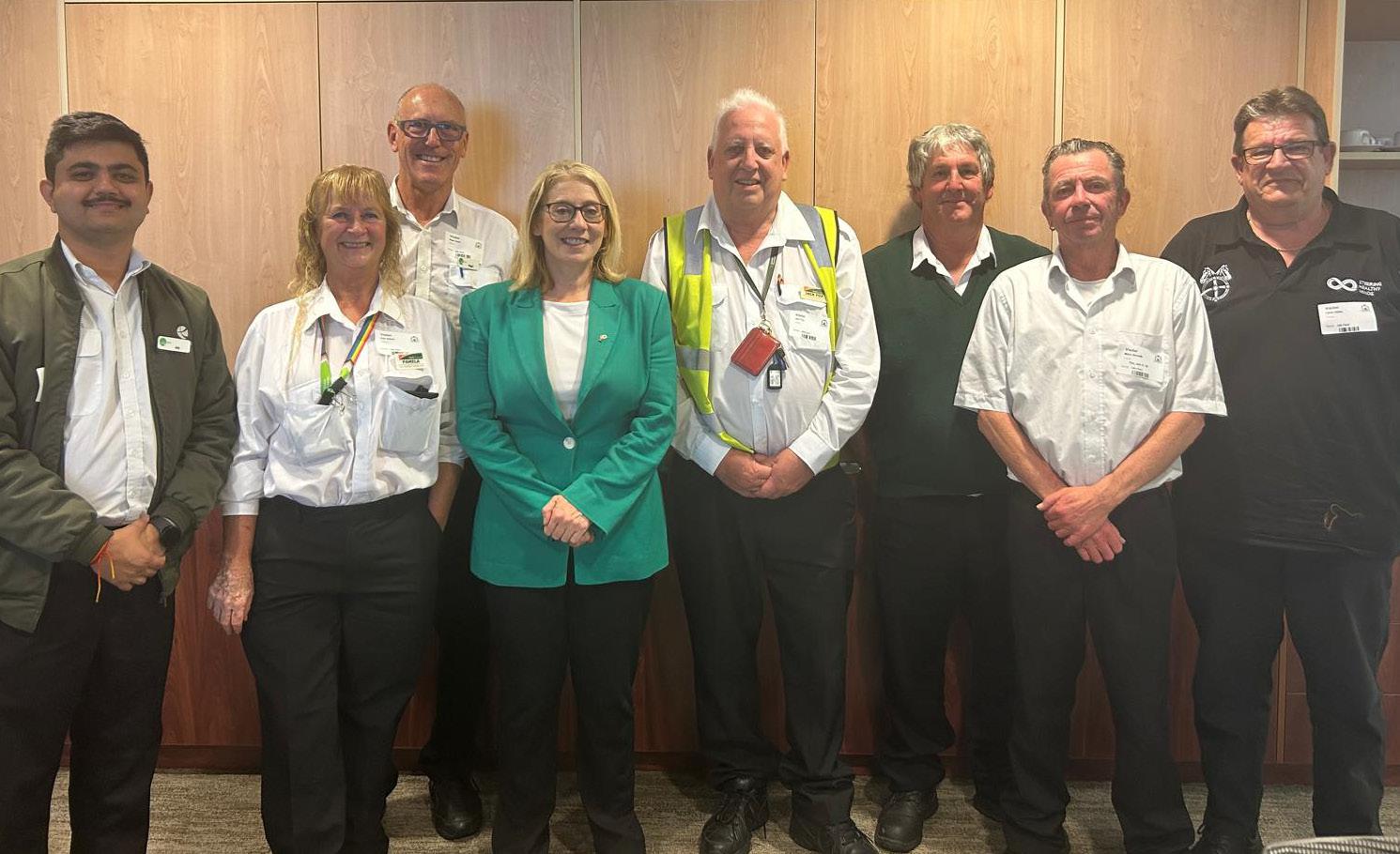
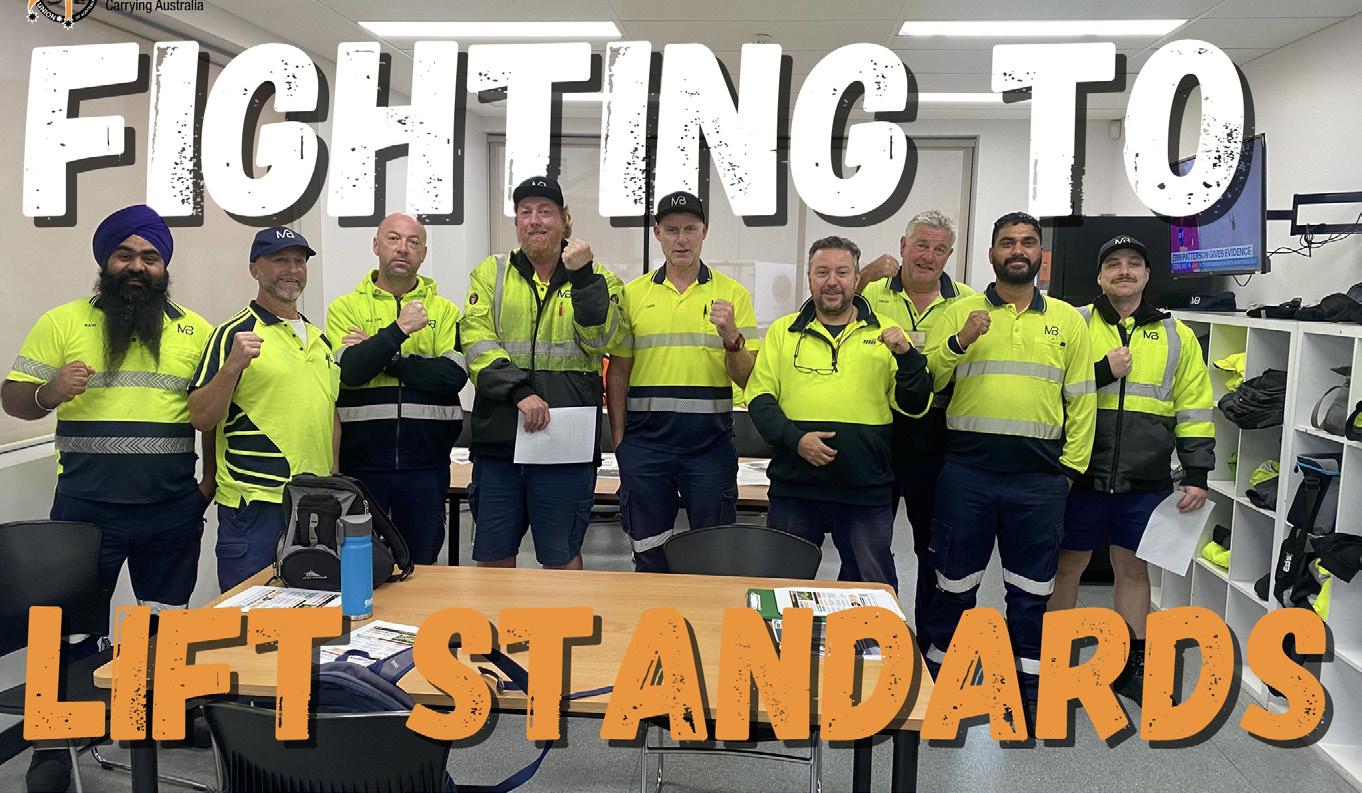
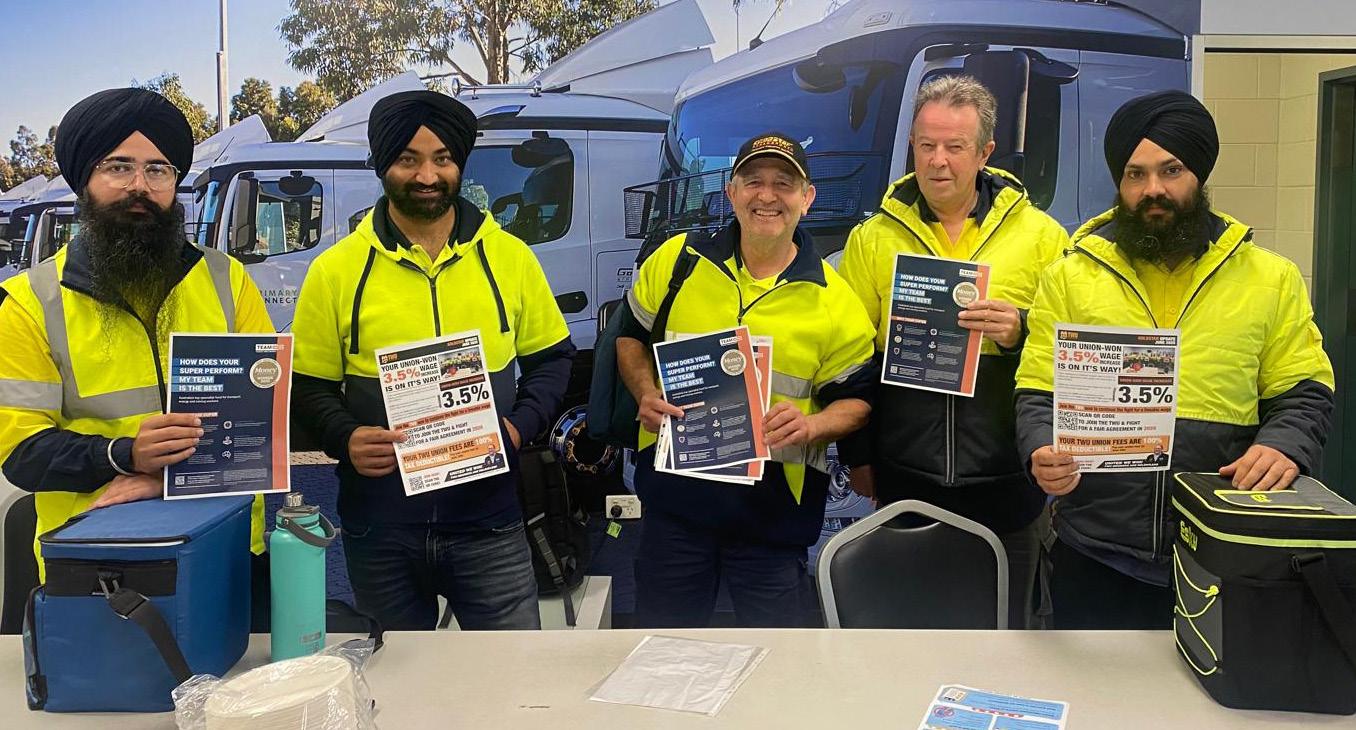
WHEN GOOD OPERATORS GO UNDER:
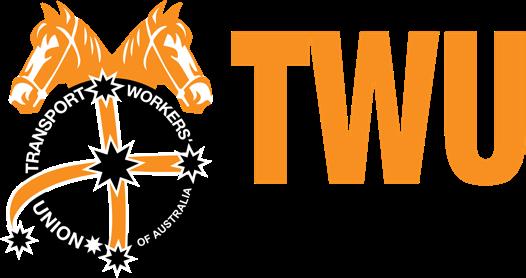
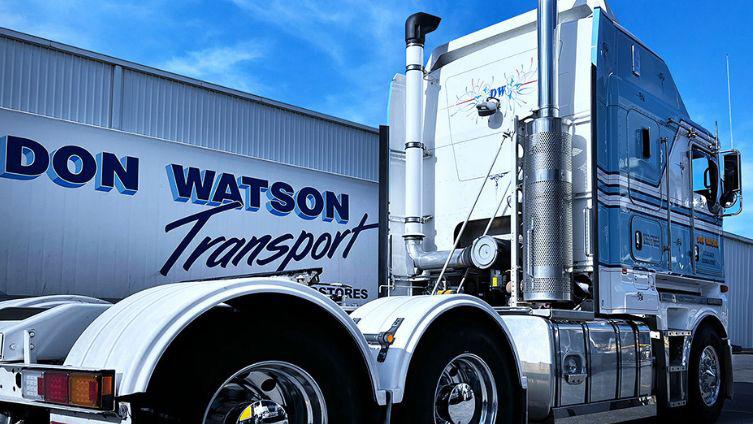
WHAT THE LOSS OF DON WATSON TRANSPORT REALLY MEANS FOR WORKERS
The closure of Don Watson Transport after 77 years in the game is a gut punch for the transport industry. It’s more than the end of a respected family-run business, it’s another crack in the foundations of an industry that’s bleeding good operators, and with them, secure, dignified jobs for transport workers.
Don Watson Transport wasn’t just a company. It was a gold standard. It was known for training its people well, investing in safety, meeting compliance head-on, and building a culture of pride and professionalism. But even that wasn’t enough to keep the doors open. And if a company like Watsons, with a rock-solid reputation and multigenerational legacy, can’t make it, what does that say about the system the rest of us are trying to survive in?
The Cost of Doing the Right Thing Watsons wasn’t undercutting others. They weren’t cutting corners or dodging regulations. They were doing things properly, and it cost them. These are the kinds of businesses we should be holding up and supporting, not watching disappear. Their collapse should be setting off alarm bells across the country.
Why? Because it's not a one-off. Remember Scotts Refrigerated Logistics? Another pillar gone. Another set of livelihoods shattered. It’s becoming a pattern — one that says loud and clear: If you want to run a safe, fair, and compliant business in Australian transport, the odds are stacked against you.
It’s the operators doing the right thing who are getting squeezed out. The ones investing in safety systems, proper equipment, driver training, and lawful employment practices. The ones keeping their workers directly employed with superannuation, entitlements, and proper breaks.
These are the companies we’re losing.
Meanwhile, operators who game the system, who flout safety laws, who exploit contractors, who have unroadworthy or overloaded trucks, continue to get the contracts. Not because they’re better, but because they’re cutting corners to make them cheaper. And they’re cheaper because they’re breaking the rules that others live by.
Workers Pay the Price
When a company like Don Watson Transport goes under, it’s not just a story about market pressures or succession planning. It’s a story about job security, or the lack of it. Hundreds of workers are left to wonder where their next paycheck is coming from, despite having done everything right.
Insecure work, undercutting, and cut-throat contract competition aren’t just killing businesses. They’re killing futures. Families lose stable income. Older workers are thrown into a job market that doesn’t value their skills or experience. Young workers miss out on training and mentorship from seasoned operators. And entire communities lose the sense of identity and stability that a good local transport company brings.
When we lose a company like Watsons, and Scott’s, we lose much more than freight capacity. We lose dignity at work. We lose decent standards. We lose part of the backbone of our economy.
A Broken Chain of Responsibility
We talk a lot in this industry about the Chain of Responsibility, but when it comes to contracting models and customer accountability, that chain is broken.
Big clients keep demanding more for less. They push prices down, lengthen payment terms, and expect compliance without paying for it.
It’s a race to the bottom, and the fastest way down is by slashing safety, wages, and conditions.
Good operators like Don Watson Transport know this. They’ve been shouldering the cost of compliance while others profit from cutting corners. Eventually, even the strongest shoulders give out.
Until we force customers to take responsibility for the true cost of moving their freight safely, legally, and ethically, more good operators will follow. And when they go, so too will secure jobs, training pathways, and safe roads.
THIS IS WHY THE TWU FOUGHT FOR TRANSPORT REFORM
We need a system that rewards the right kind of behaviour, not just the cheapest quote. That means:
Mandating fair and safe rates through enforceable regulation.
Strengthening protections for directly employed transport workers.
Holding clients accountable when the businesses they contract break the law.
Giving workers a voice in how contracts and transitions are managed.
Protecting jobs during handovers, so a contract ending doesn’t mean a career ending.
We can't just clap for safety from the sidelines while the best operators disappear under the weight of an unfair system. We must demand better.
Transport workers deserve job security. Safe operators deserve fair pay. The industry deserves better.
WA GOVERNMENT COMMITS
$17 MILLION TO TRUCK DRIVER TRAINING
An aging workforce, is contributing to the driver skills shortage in Australia. A major concern in the transport industry, as 47% of truck drivers in Australia are over the age 55 and 21% are set to retire in just 5 years.
To combat this issue, the TWU has been actively advocating for reforms and highlighting the challenges faced by transport workers.
The TWU has been calling for change for years to attract and retain skilled operators to our industry and make the industry safer.
The TWU lobbied for the WA State Government to implement an apprentice style scheme, with accredited skills training to ensure standardised and relevant training for transport workers and an industry drivers are proud to belong to.
After years of relentless campaigning from TWU members — the WA State Government has committed to a $17.4 million to a new truck driver training centre!
The TWU Union-won training centre will be TAFE-run and will consist of a capacity of 170 students per year.
From 2026, the site will include heavy rigid
trucks and trailers, forklift trucks and a hightech heavy vehicle driving simulator, as well as wide roads, for practical training.
A crucial aspect that has been overlooked in the transport industry is the absence of standardised safety induction training for drivers. Drivers often receive inadequate or incon-
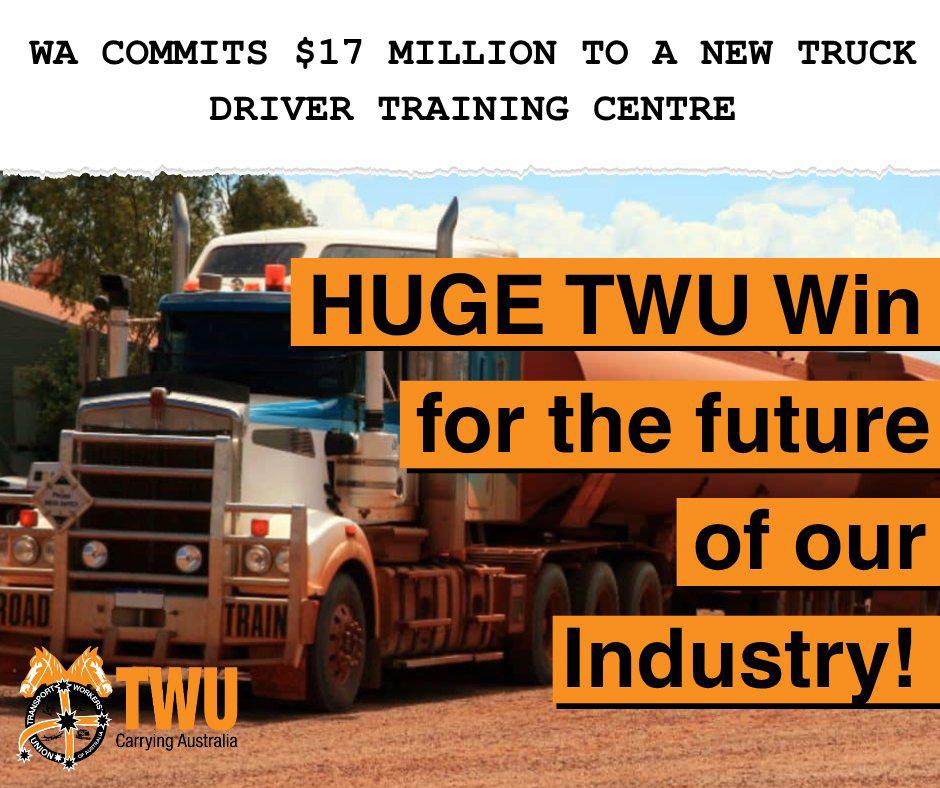
sistent training that doesn't address specific challenges drivers may face while on the road. The implementation of the Truck Driver Training Centre aims to eliminate the risks of drivers unequipped with the required skills needed to operate a truck
The Fight is Not Over Yet
The TWU is still fighting to hold the state government accountable, pushing for our proposed skills passport system.
A skills passport system would provide a comprehensive record of an individual's training and qualifications, ensuring that they receive relevant and standardised training throughout their career.
A Skills Passport would serve as portable document that can be updated and verified as drivers acquire new skills or undergo refresher courses.
This would not only enhance safety and improve the overall professionalism on the industry, but also be a key component to tackling the driver shortage.
With collaborative efforts from industry stakeholders, government bodies, training providers, and the relentless campaigning of TWU members, the transport industry can overcome the driver skills shortage and build a skilled and competent workforce for the future.
This is only the beginning!
IT PAYS TO BE TWU AT
BRIDGESTONE
A TWU member recently secured a significant win after Bridgestone attempted to drop the member by 2 grades and change his current job description.
The company moved to change his duties and position without proper consultation, a move that would have had serious impacts on his income and job security.
But the member didn’t face it alone. He contacted his TWU organiser, Charlie Nichols, and stood strong with the backing of his union.
Through union representation and pressure, Bridgestone backed down. The member kept his original role and classification. A clear reminder of the power of union membership when it matters most!
It pays to be Union

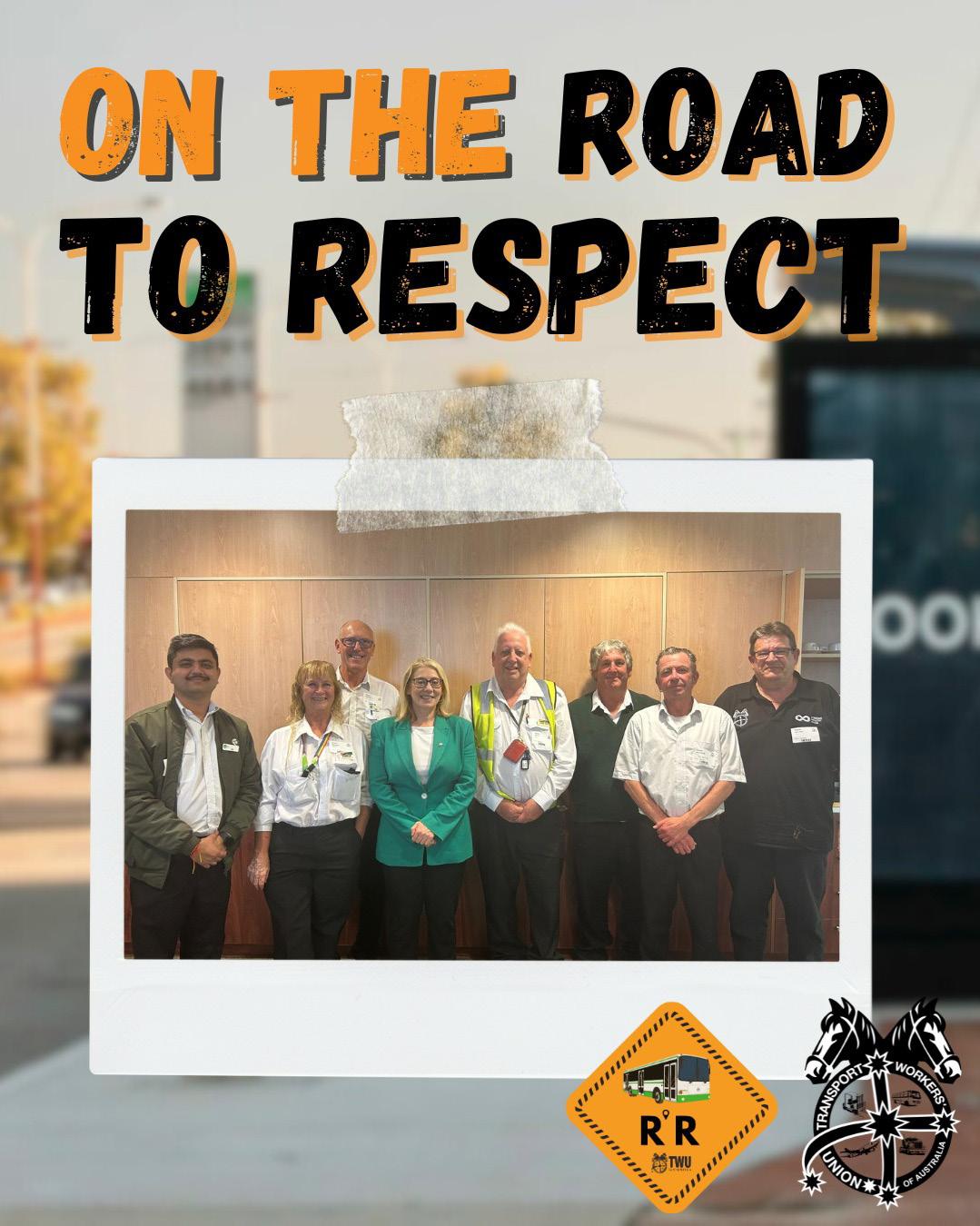
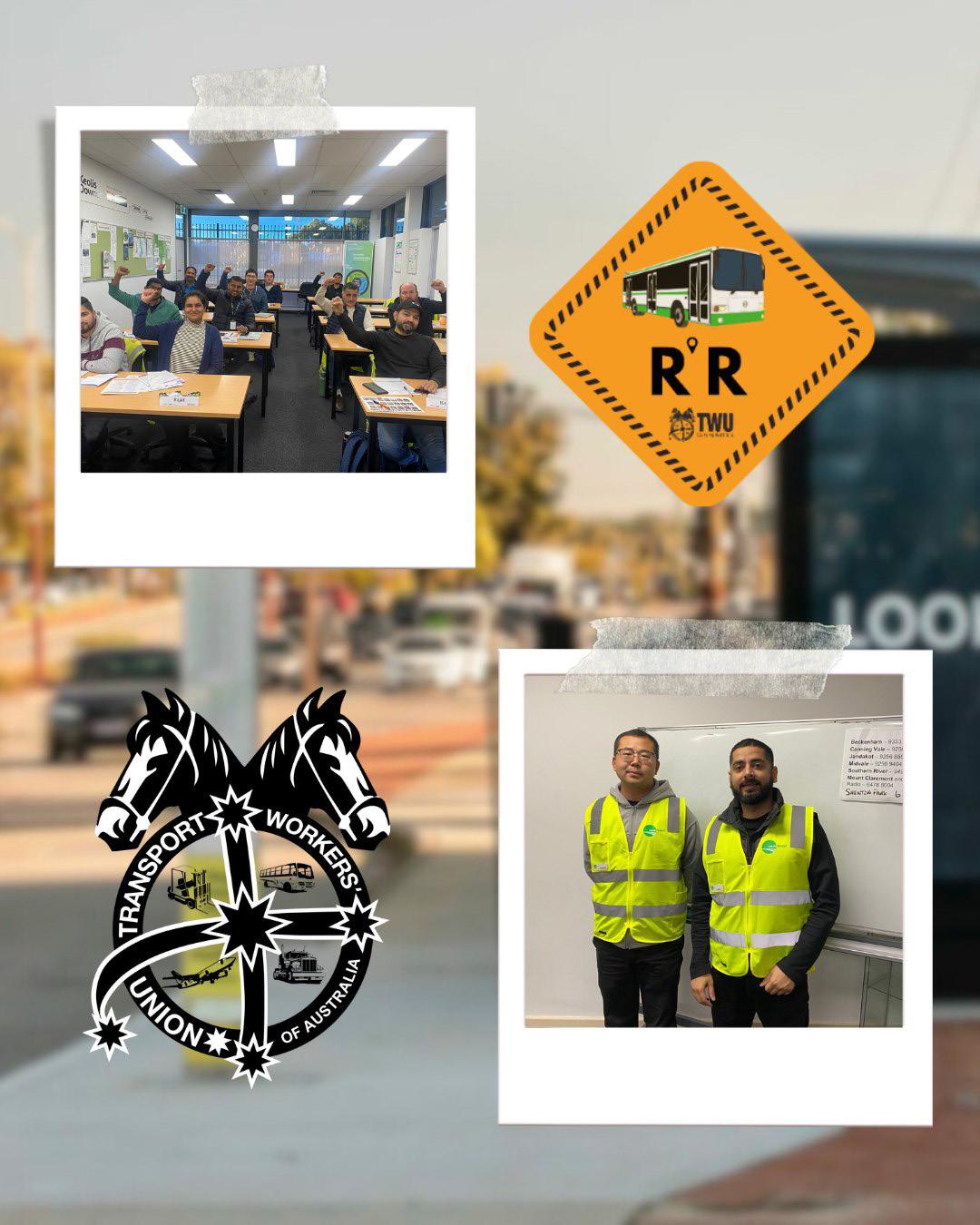
TWU bus driver members have been hard at work, ramping up pressure on contractors, recruiting new members in droves, and meeting directly with the WA Minister for Transport to discuss safety and Government priorities on the buses. Every action is a step forward on the road to respect, bringing us closer to the fair pay, conditions, and recognition all drivers deserve.
TWU Bus Driver members are RELENTLESS
1ST OF JULY WAGE RISES! AT STRONG UNION SITES
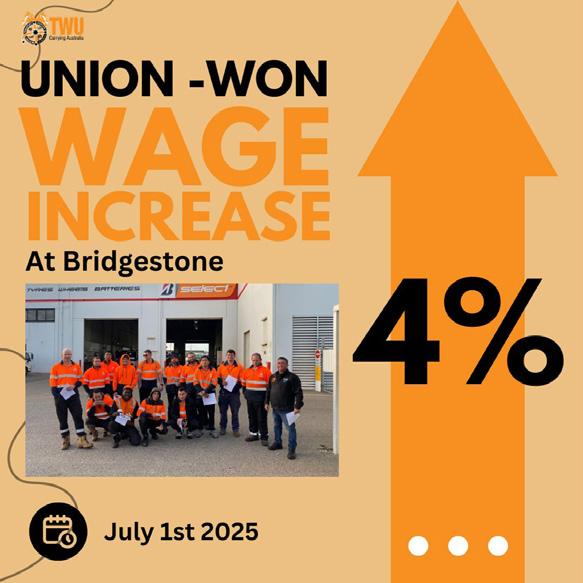
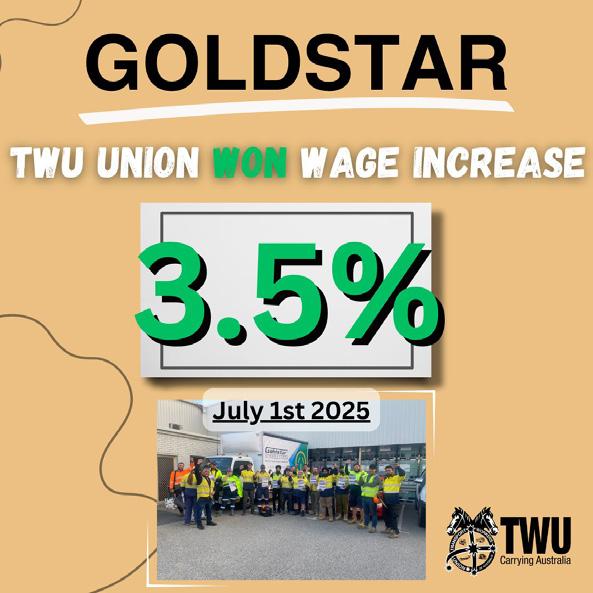
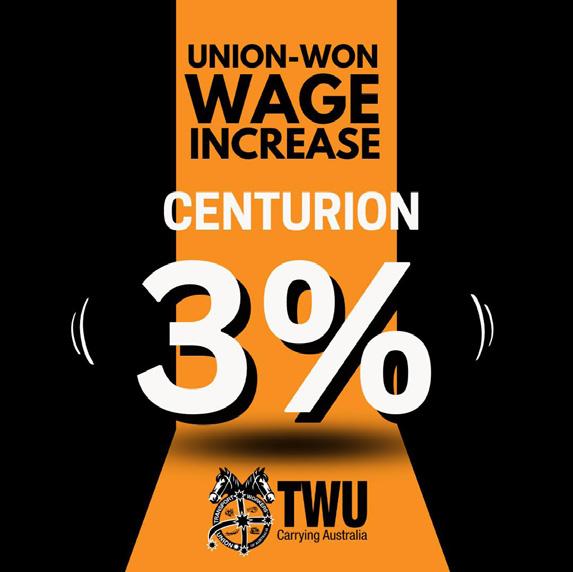
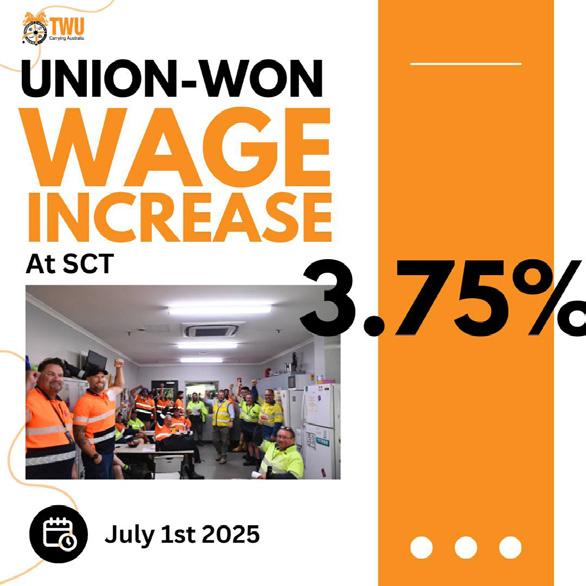

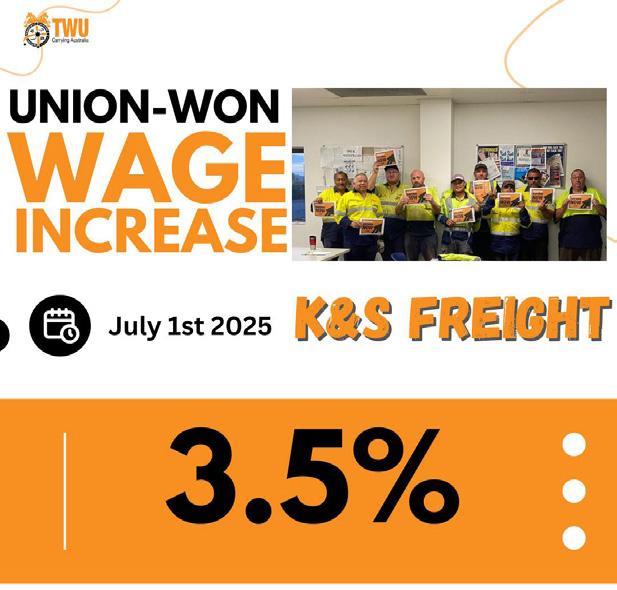
TWU members have fought hard for wage increases that keep up with the current rate of inflation (currently 2.5%).
Come this July 1st, the following are just a few of the sites and workers that will receive a TWU won wage increase
This is just the beginning!
Leading into 2026 and negotiating new agreements, it is vital to recruit at your sites and fight alongside your workmates to maintain wages!

REMEMBER YOUR UNION FEES ARE

AT HOME BEHIND THE WHEEL
JUNE, BEING PRIDE MONTH, WE ASKED OUR MEMBERS TO TELL THEIR STORIES.
Leece, a 67-year-old transport worker, spent over 40 years in the transport industry, spending most of her time transporting dangerous goods.
Leece was born in a male body, however, in the early 70’s, Leece discovered that she was experiencing gender identity issues, feeling as if she is a woman trapped inside a man’s body.
“I thought I must be the only one in the world that felt like that,” Leece told us. In an already isolating industry, working
long hours alone in a truck, her journey toward self-understanding was painfully lonely—fearing speaking out on what she was going through. “Why me? Why was I born this way?” she often asked herself.
Her mental health suffered as she wrestled with her identity in silence, feeling as though life had played a cruel joke on her.
As a trans woman in a male-dominated industry, Leece faced many forms of discrimination just because of who she is.
Despite Leece’s years of experience, she was often overlooked for permanent roles and training opportunities.
“People with less experience, even just HR licences, were trained and hired full-time,” she said. “But not me.”
“I loved the transport industry, even when they hated me,” Leece explained. “It feels like home.” Leece understood that being open about her gender identity would have negative impacts on the way she was treated at work, but she was willing to accept that because she loved what she did. “I put up with heaps of drivers not talking to me, or talking behind my back.
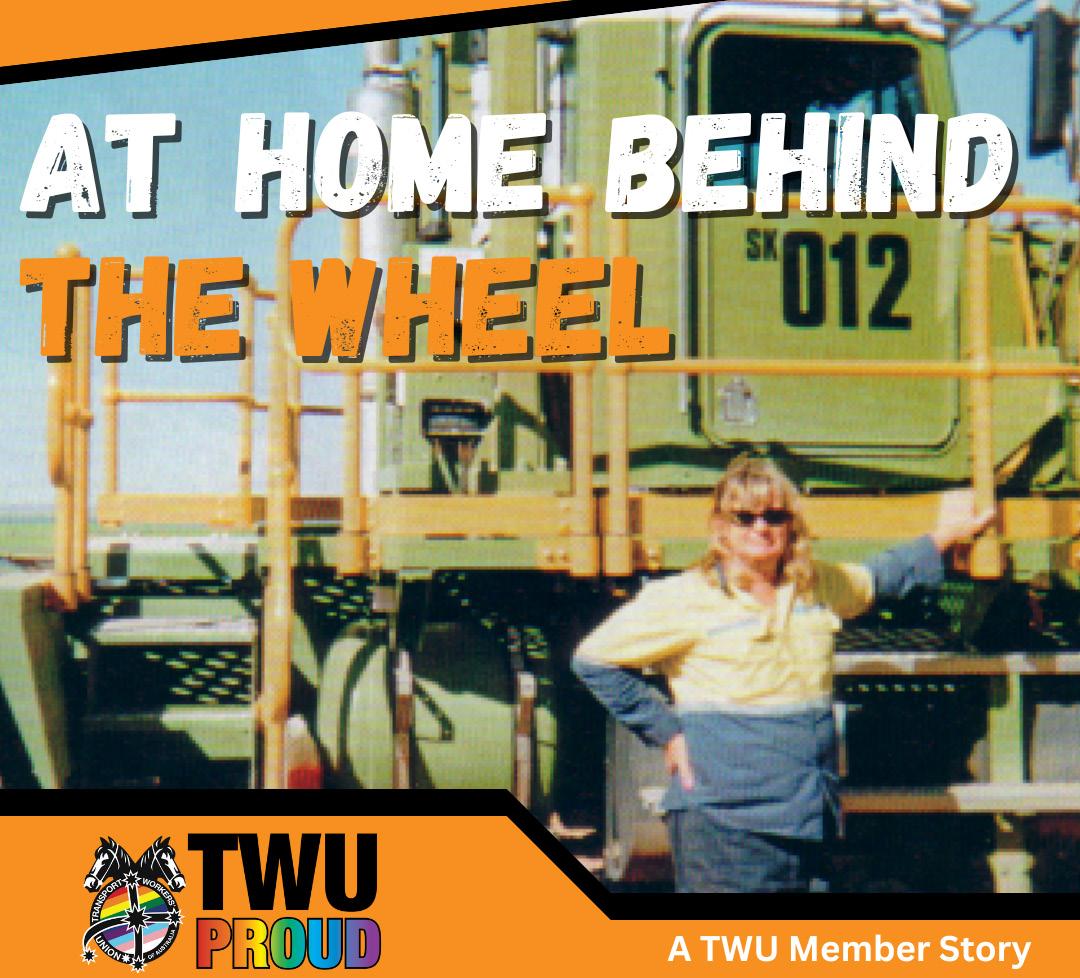
But that’s fine. Why should I give up a job I love, no matter what others think of me,” she said.
Despite the challenges she faced, Leece still found positives in the transport industry.
In recent years, she connected with support groups and made it her mission to help others by sharing her story.
“I just want to encourage others out there like me to come out and stay in the transport industry, not disappear,” she said.
Today Leece stands proud of who she is and as a voice for visibility and change.
Leece’s story is a reminder that the transport industry is so diverse and welcomes people of all walks of life.
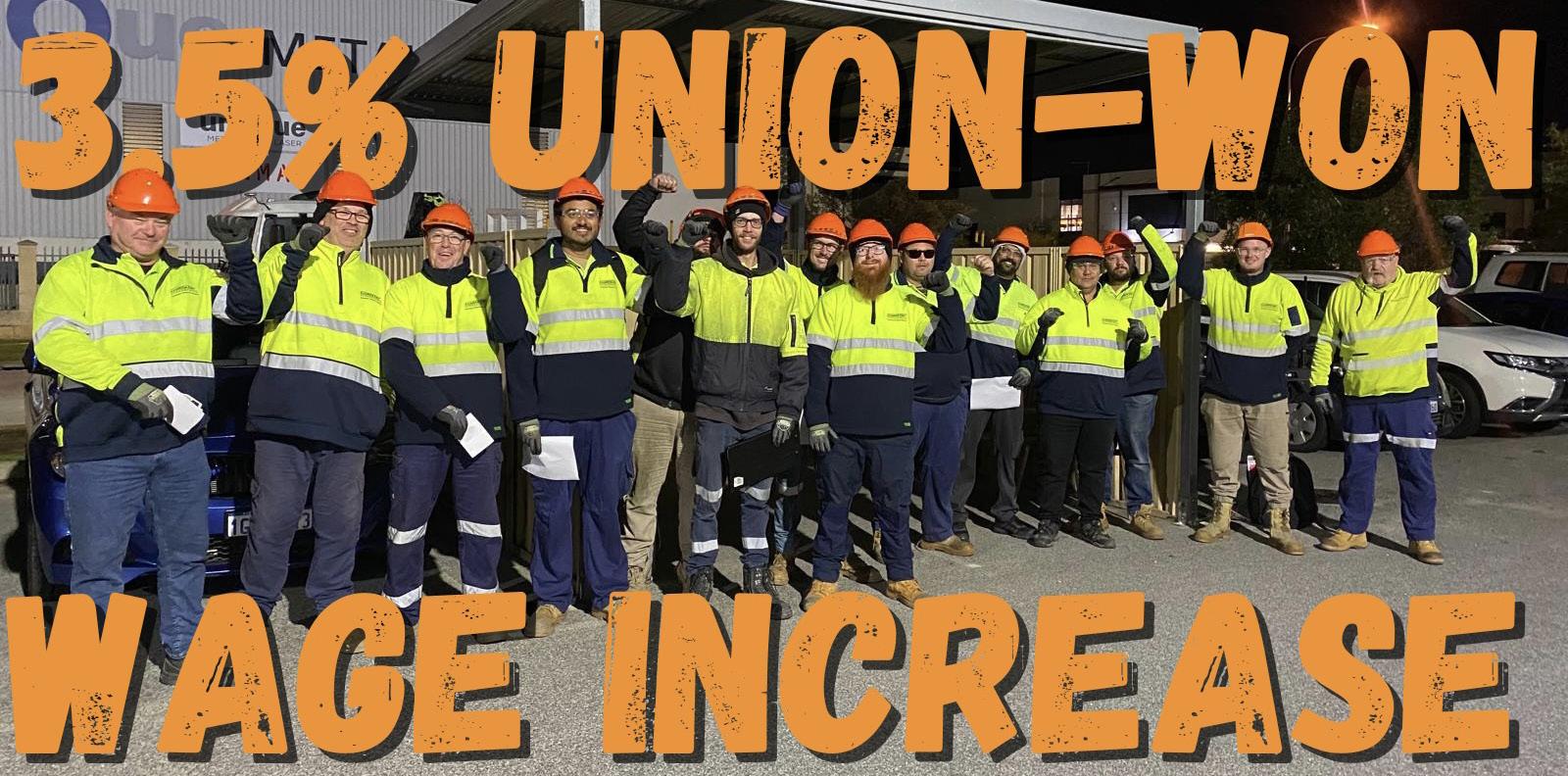
RECORD NUMBER OF AUSTRALIANS WIN
HIGHER
PAY THROUGH UNION BARGAINING
Australian workers are on collective agreements in record numbers and securing stronger wage growth outcomes, according to new wage data released by the Department of Employment and Workplace Relations.
The March 2025 Trends in Enterprise Bargaining report shows that employees covered by collective agreements grew to the highest on record, at 2.67 million, up from 2.14 million in March 2024.
Employees covered by union-negotiated agreements received an average annualised wage increase of 3.8 per cent, well above the current inflation rate of 2.4 per cent and significantly higher than the 3.2 per cent for employees on non-union agreements.
Administrative and support services led the way with an average increase of 6.3 per cent, followed by construction at 5.5 per cent and retail trade at 4.6 per cent.
This marks the sixth consecutive quarter of real wage growth for employees on collective agreements.
According to the latest ABS data, union members earn $251 per week more than non-union members, around $1,600 for union
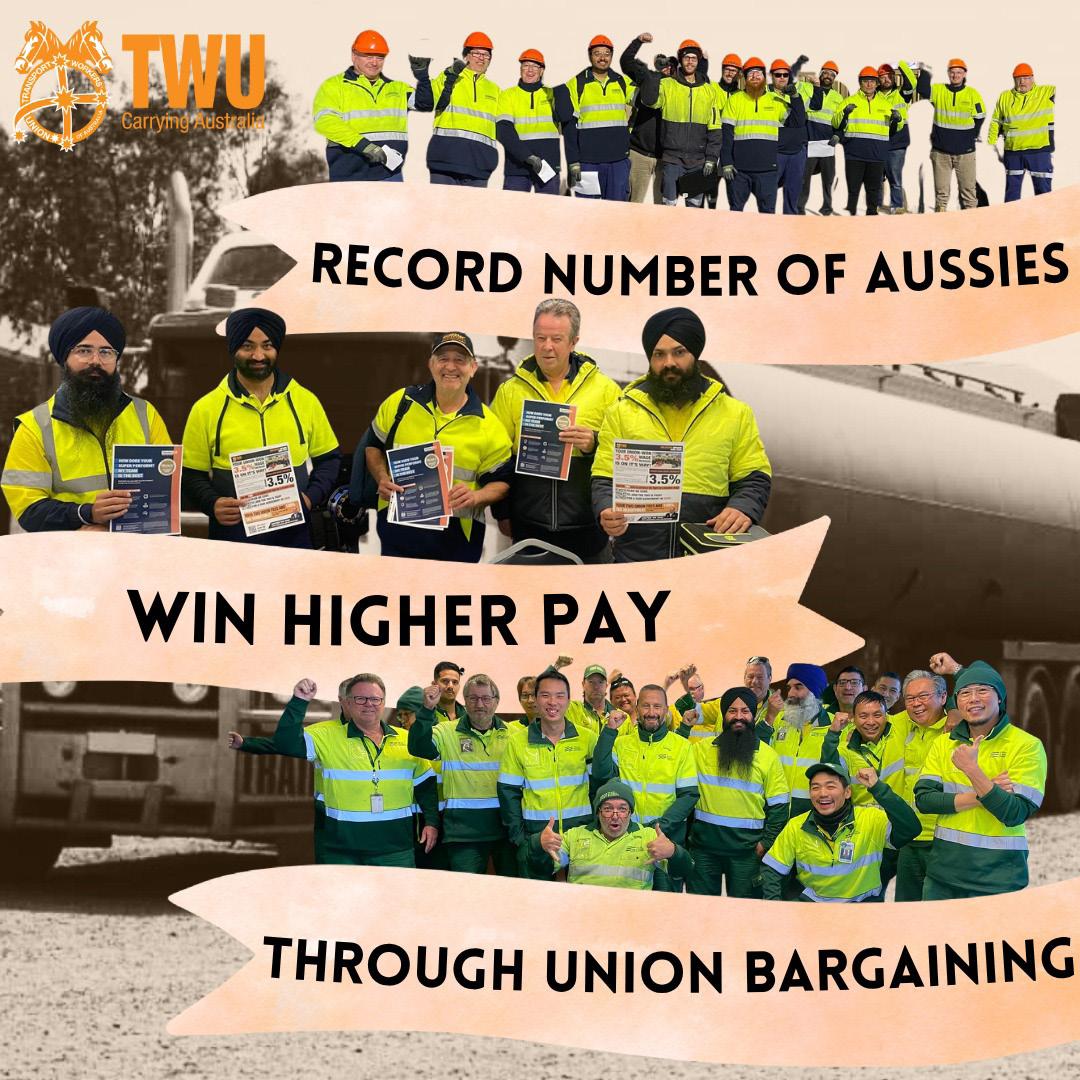
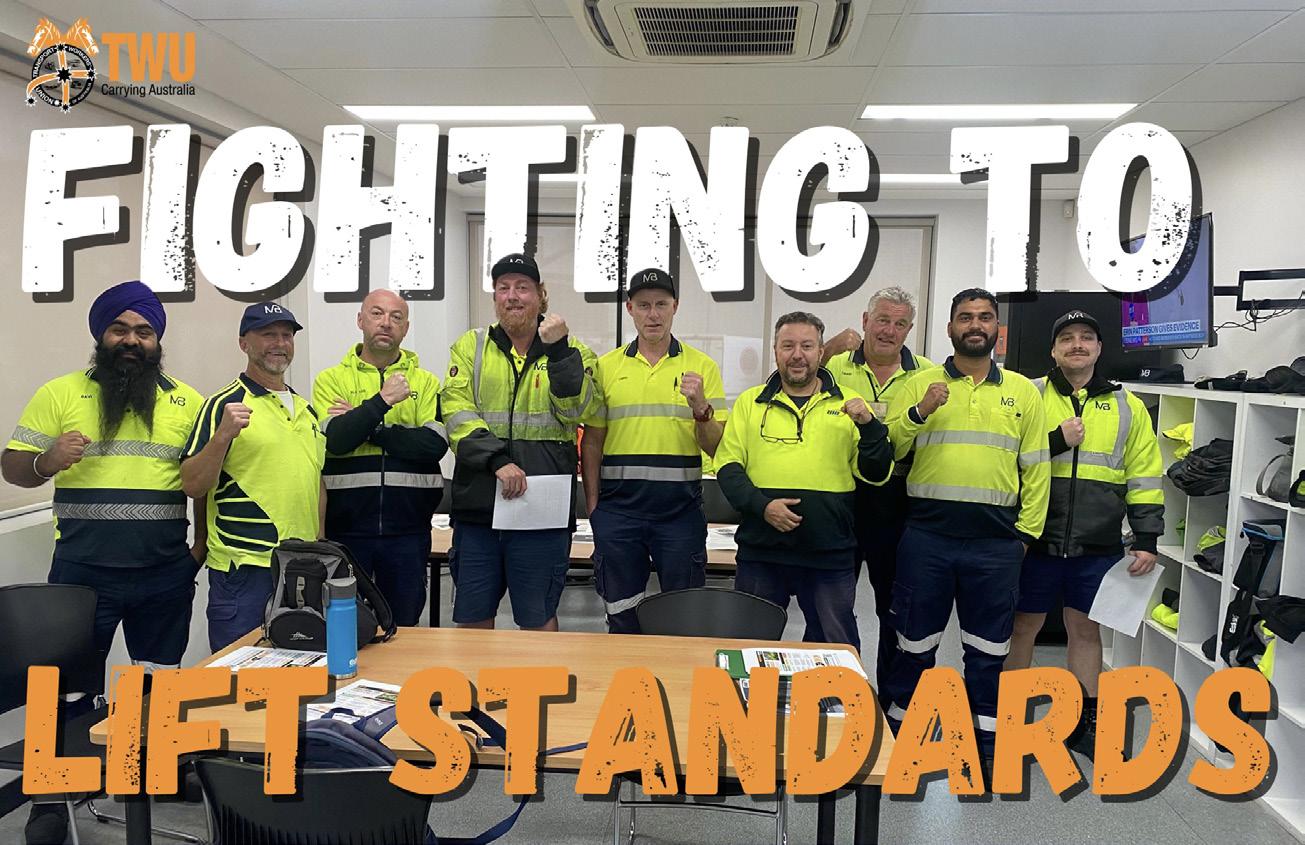
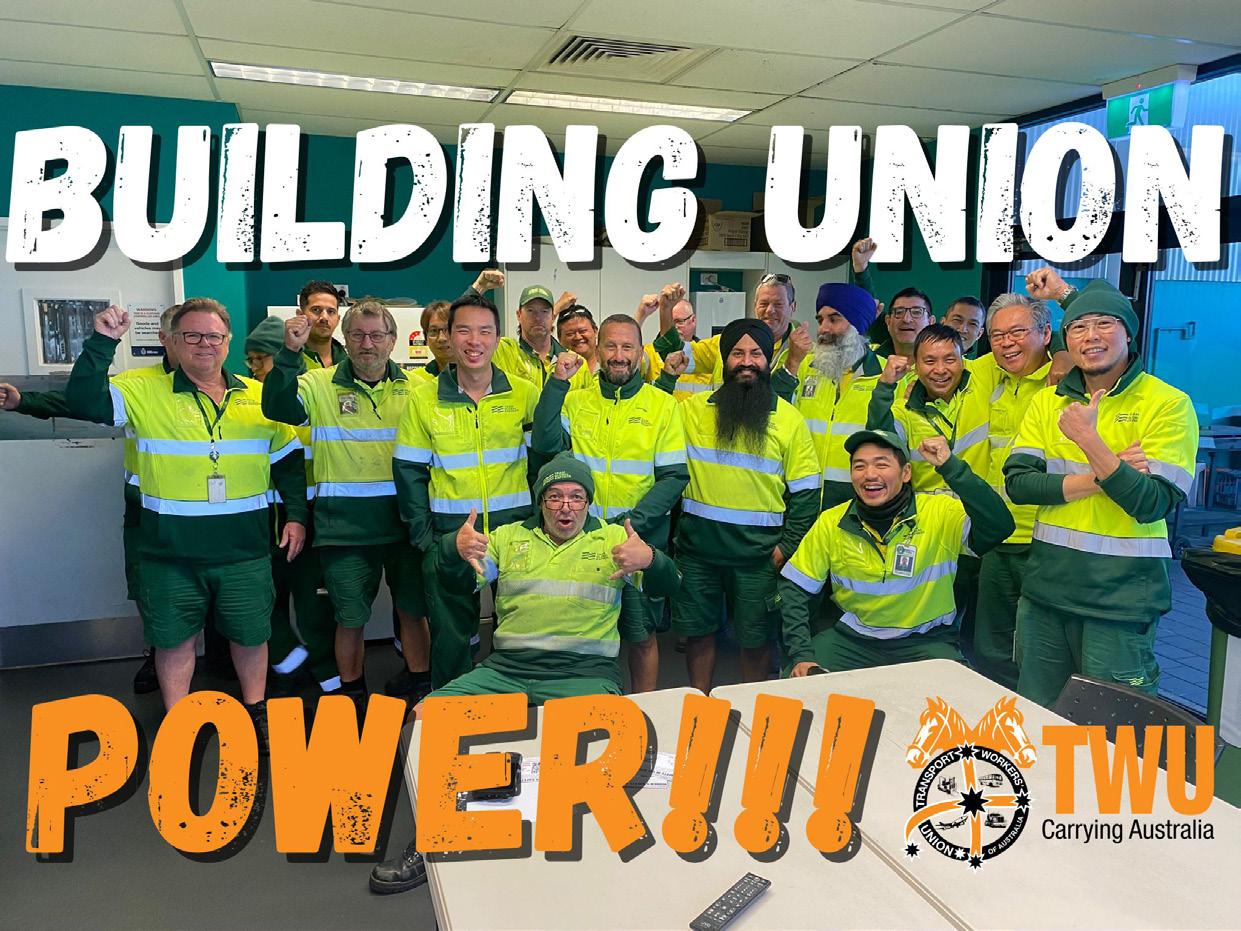

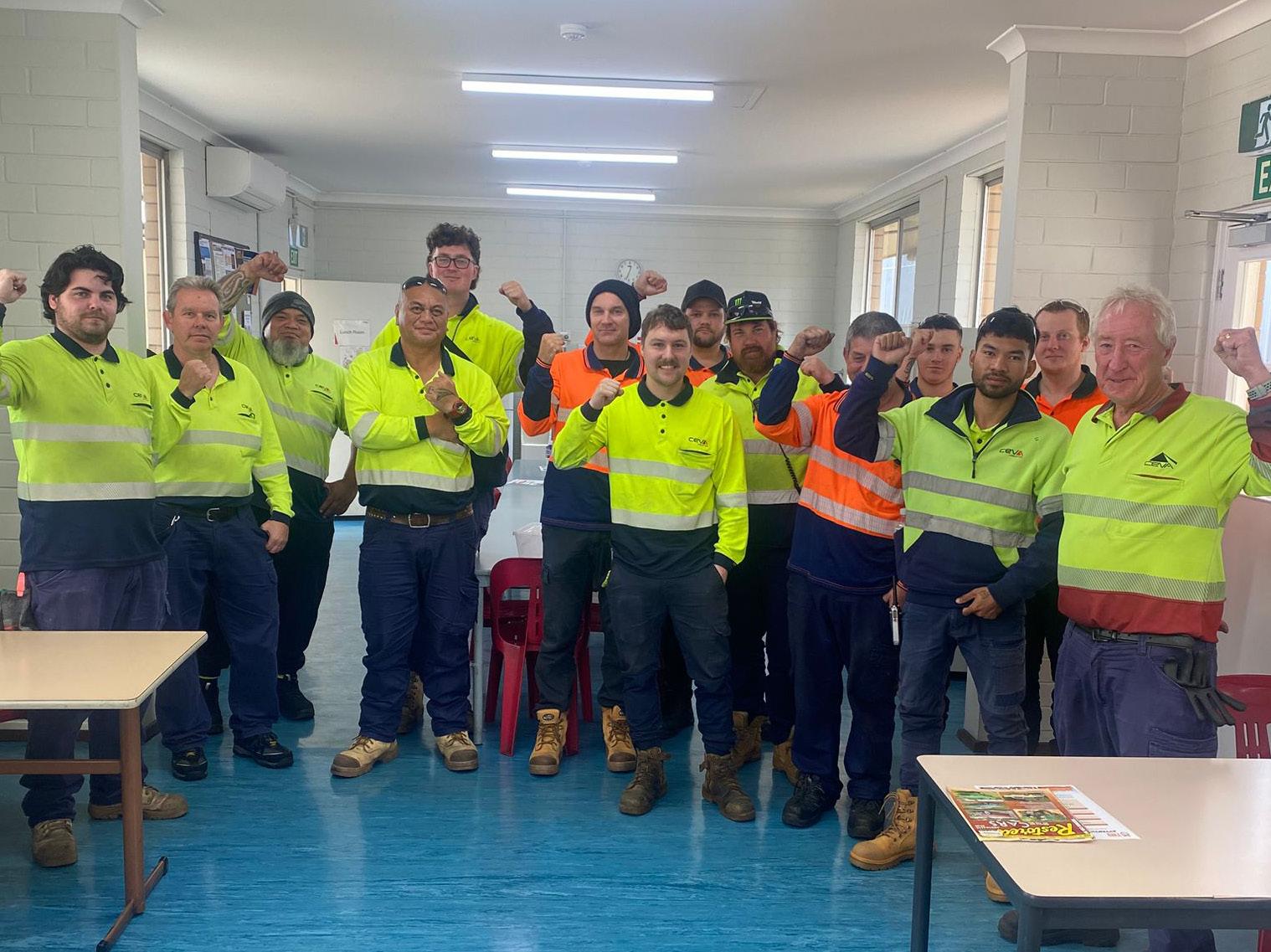
PATHWAY TO 15% FOR TWU MEMBERS
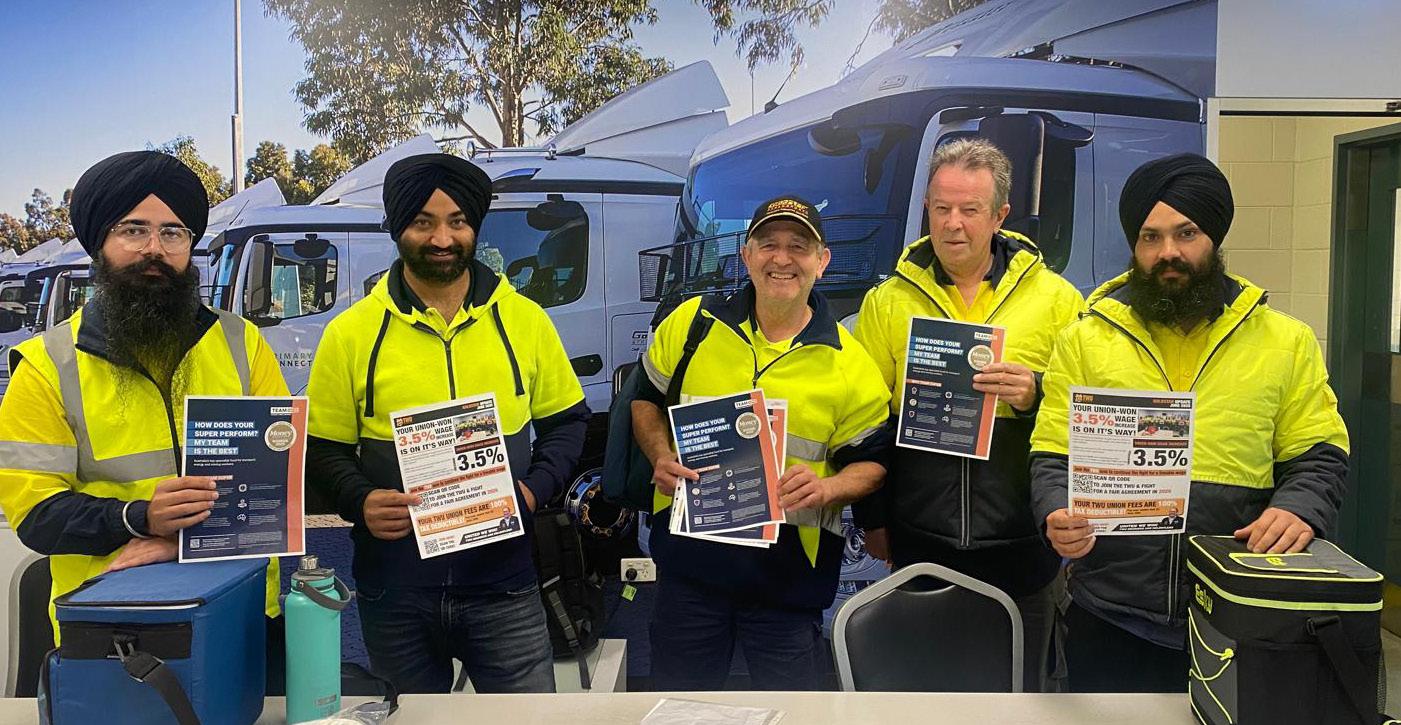
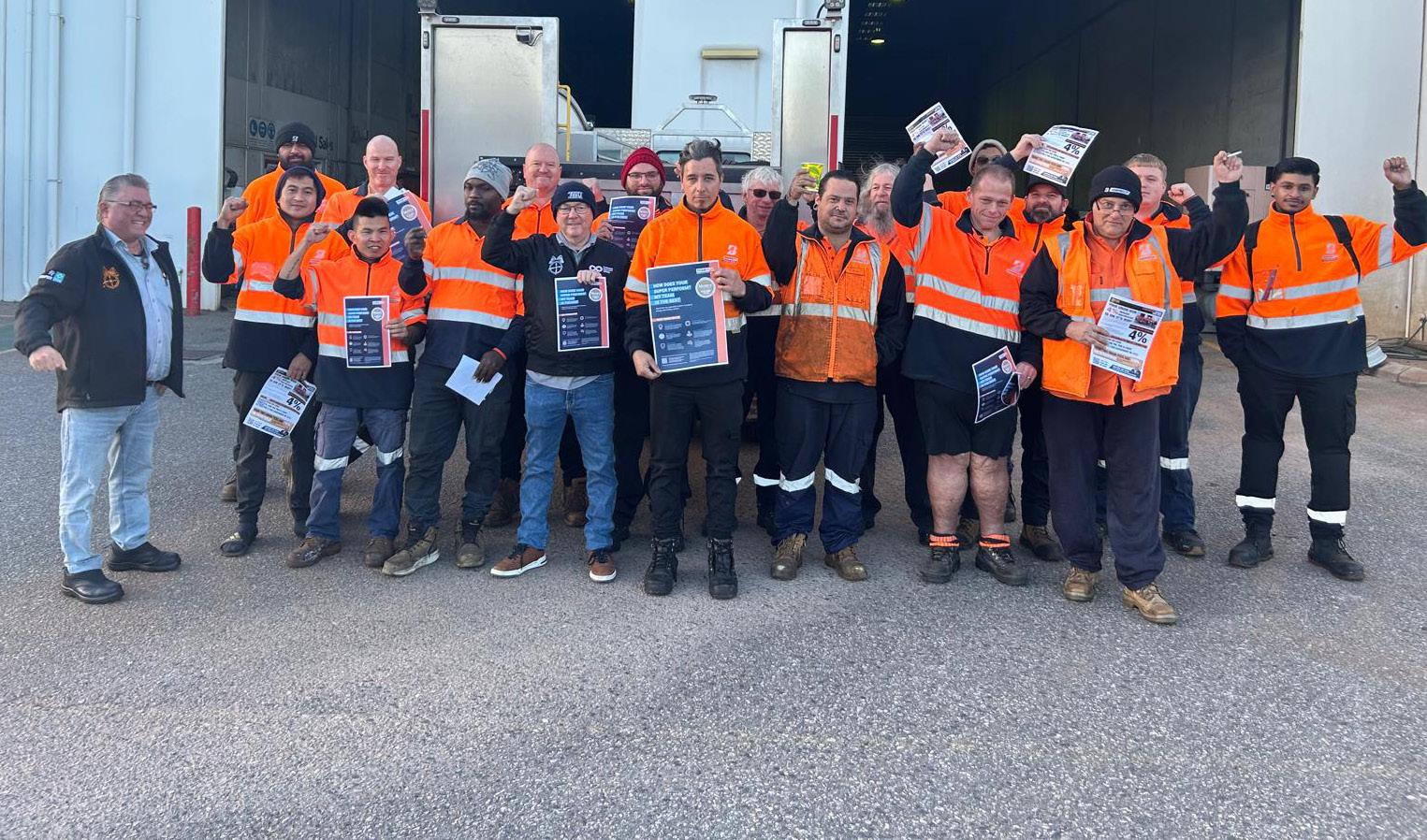
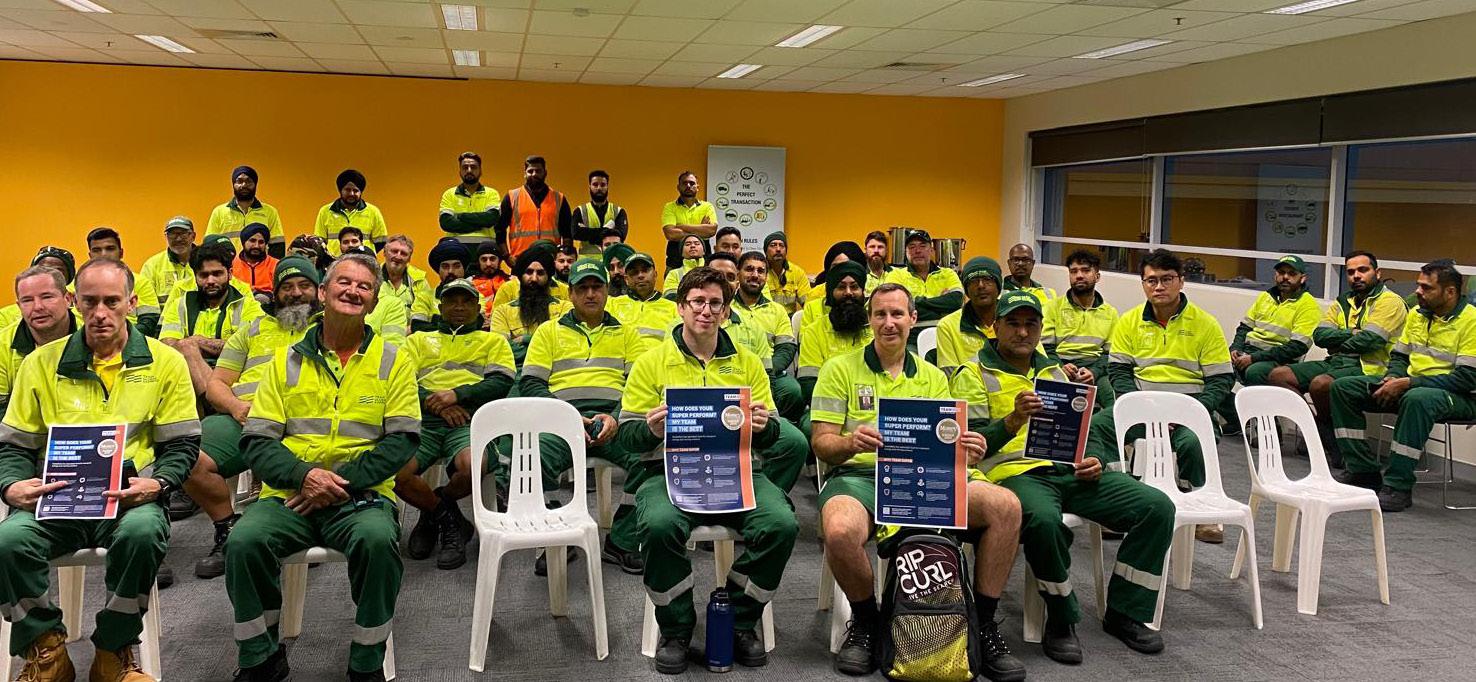

Over 40,000 transport workers covered by TWU agreements already have access to 15% superannuation contributions. And as more people join their union, and we build strong sites, we're continuing to win 15% in more Agreements for transport workers.
As of the 1st of July the government Superannuation guarantee goes up to 12% - providing more Australians with greater dignity when they reach retirement.
TEAMSuper has been visiting sites, speaking with workers about the recent merge of TWUSuper and MineSuper and how joining the fund will benefit them.
Check your pay slips after the 1st of July. And make sure you're being paid the new Super Guarantee.

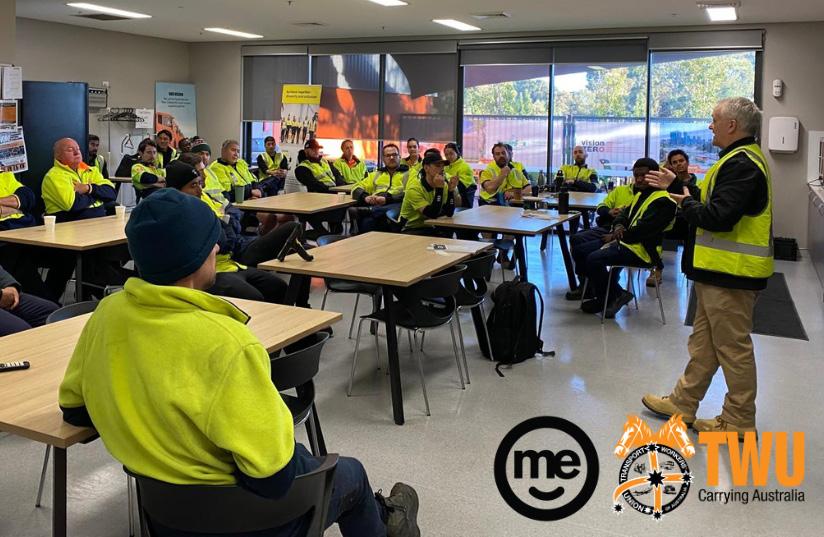

CONGRATULATIONS SENATOR GLENN STERLE

One of the most significant reforms introduced by the Albanese government was the Closing the Loopholes legislation which was passed by the federal parliament earlier this year. This legislation was the culmination of a lot of hard work by drivers, transport companies, operators and the Transport Workers Union.
These groups and individuals came together and agreed on five key priority areas for reform to take our industry forward:
1. Implementation of Minimum Standards
The establishment of minimum standards to set baseline standards across the transport industry. These standards aim to ensure fair pay, safe working conditions and job security for all transport workers, including owner drivers and gig economy participants. The introduction of minimum standards represents a significant step toward leveling the playing field and reducing exploitation within the sector.
2. Introduction of ‘Same Job, Same Pay’ Legislation
The ‘Same Job, Same Pay’ legislation mandates that workers performing identical roles receive equal pay, regardless of their employment status. This legislation eliminates wage disparities between permanent employees and contractors or gig workers performing the same tasks.
3. Establishment of an Expert Panel to Oversee Industry Standards
The legislation includes the creation of the Road Transport Advisory Group (RTAG) as part of Fair Work Australia, with the authority to vary existing transport awards and enforce the Road Transport Objective, ensuring a safe, sustainable and viable industry. The RTAG provides a mechanism for continuous improvement in the road transport industry, with representation from both industry and drivers.
Congratulations to Senator Glenn Sterle on acheving 20 years in the Senate!
Glenn has long been a tireless, strong advocate for transport workers' and our Union, dedicating his time in the Senate to protect our industry and helped to deliver Transport Reform!
From fighting for safer, fairer conditions on our roads to standing shoulder-to-shoulder with workers through every major campaign, Glenn’s voice has always been one of action and principle.
Thank you for two decades of unwavering support for working people. Here's to the legacy you've built—and what’s still to come.
SENATOR STERLE’S ELECTION RESPONSE –
“TRANSPORT IS THE WINNER”
4. Enhanced Protections for Gig Economy Workers
Recognising the growing prevalence of gig work in the transport sector, the reforms protect gig workers from unfair deactivations and exploitative practices. The new laws provide these workers with greater job security and fairer treatment, along with minimum hourly rates of pay.
5. 30 Day Payments
The introduction of the 30-day payment term legislation in Australia specifically addresses the longstanding issue of delayed payments to owner drivers and companies. Now that the results of the federal election have been settled, these reforms are here to stay – which is good news for every transport operator in Australia.
The reforms were introduced in response to the overwhelming evidence linking low pay for truck drivers to unsafe practices, including excessive working hours and poor vehicle maintenance. Unrealistic delivery deadlines and cut-throat pricing by major transport clients forced drivers – especially owner operators – to take risks to stay afloat.
Everyone in the transport supply chain, including owner drivers and gig economy workers, were the big winners from these reforms.
With the rise of the gig economy, on-demand transport workers such as food delivery riders and rideshare drivers used to operate without basic employment protections such as a minimum wage, sick leave or workers’ compensation. These gig workers could be our kids or grandkids.
The Closing the Loopholes legislation gives the Fair Work Commission the power to set minimum standards for gig workers, which is a historic step forward. The reforms represent a key milestone in the ensuring that fair and safe work is guaranteed throughout our
industry, even though it is becoming increasingly fragmented. Technological change and innovation must not come at the cost of the safety and payment of our operators, business owners and drivers.
Sadly, the Coalition, led by their shadow transport spokesperson Bridget McKenzie, opposed these important transport reforms, even though the aim of the legislation is to improve the rights, conditions and job security for all workers in the road transport industry. The Opposition also supported the $24 million campaign run by the associations representing the big end of town opposing drivers and owner operators getting fair pay and being paid on time.
The passage of the 30-day payment term legislation is another key reform.
Another critical area of transport reform has been promoting accountability across the entire transport supply chain. Too often transport companies are squeezed by large retailers, manufacturers and logistics giants at the top of the chain, leading to downward pressure on wages, conditions and safety for workers.
Transport companies, workers, drivers and their representatives have been a powerful force for reform in Australia’s transport sector. By working together during the first term of the Albanese government, we achieved significant changes and gains that benefit all the hard-working truckies throughout the nation.
The work we have all done together to highlight the connection between fair pay, job security and public safety needs to continue. The lobbying and public campaigns need to continue so that we can keep on shaping a transport system that values the dignity and safety for everyone in the transport supply chain.
Let’s keep working together for the next three years.
